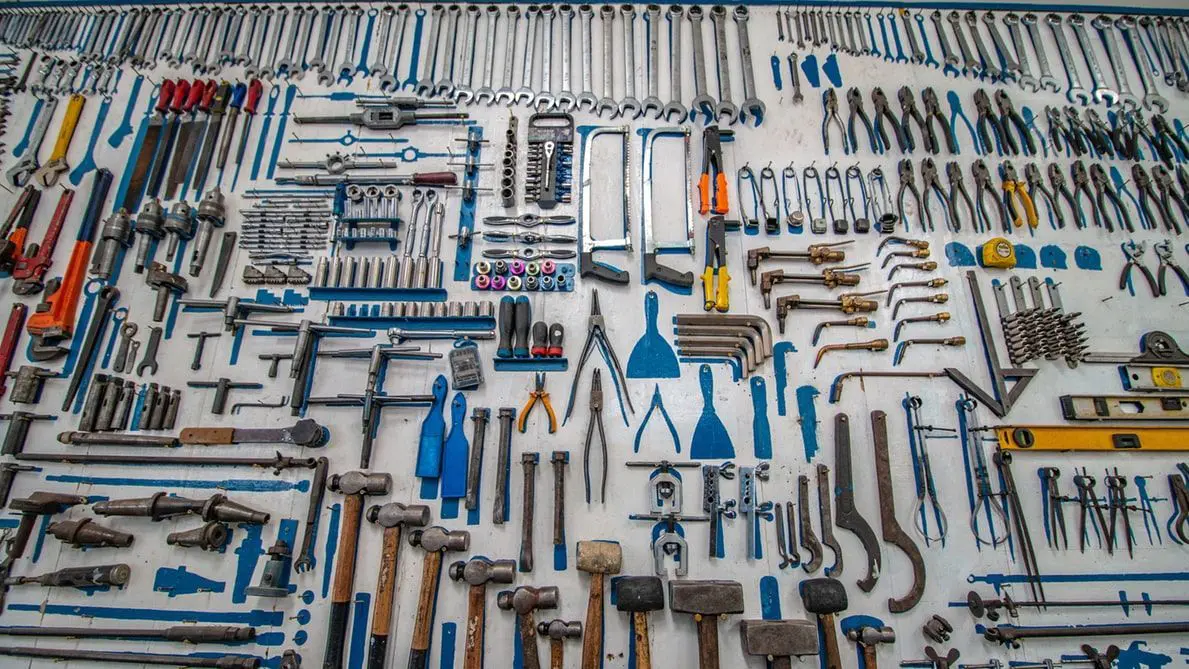Detailed content of our market study
 Inforamtion
Inforamtion
- Number of pages : 35 pages
- Format : Digital and PDF versions
- Last update :
 Summary and extracts
Summary and extracts
1 Market summary
1.1 Market definition and structure
Do-it-yourself refers to non-professional manual activities, repair, creation, improvement and maintenance of small objects in the house. This study concentrates on the DIY market and therefore excludes the BtoB activity of retailers and DIY stores
The do-it-yourself market therefore covers a wide variety of items. The Union Nationale des Industriels du Bricolage (Inoha) lists 11 main categories: building, plumbing/sanitary, garden, paint/glue, wood/joinery, coatings, tools, electricity, hardware, decoration and thermal comfort.
The world market for DIY products amounted to 594 billion euros in 2018 and the market has been growing steadily for several years. The United States are largely dominant, accounting for about half of the world market by value. In Europe, the biggest DIY markets are the United Kingdom, Germany and France.
The Belgian do-it-yourself market grew by 3.3% in 2019 and by 16,4% between 2008 and 2017 but is characterised by relative instability.
The growth of the market can be explained by a growing interest in do-it-yourself, particularly in Belgium. The market is highly concentrated and dominated by a few large players, the main ones being the DIY chains Hubo Belgium (Bricoalliance), Brico (Maxeda) and Gamma (Intergamma).
The Belgian market is also characterised by an attachment to physical shops and digitalisation is therefore still weak but growing. This is one reason why the market is cyclical, the sales being largely dependant on the weather and the consumer will to visit the physical shops. One other reason is that the garden category is the most important product category sold by DIY shops in Belgium. Bad weather thus means less sales in the garden category which affect the turnover of DIY shops.
All our studies are available online in PDF format
Take a look at an example of our research on another market!
 Choosing this study means :
Choosing this study means :
Access to more than 35 hours of work
Our studies are the result of over 35 hours of research and analysis. Using our studies allows you to devote more time and added value to your projects.
Benefit from 6 years' experience and over 1,500 industry reports already produced
Our expertise enables us to produce comprehensive studies in all sectors, including niche and emerging markets.
Our know-how and methodology enable us to produce reports that offer unique value for money.
Access to several thousand articles and paid-for data
Businesscoot has access to all the paid economic press as well as exclusive databases to carry out its market research (over 30,000 articles and private sources).
To enhance our research, our analysts also use web indicators (semrush, trends, etc.) to identify market trends and company strategies. (Consult our paying sources)
Guaranteed support after your purchase
A team dedicated to after-sales service, to guarantee you a high level of satisfaction. +44 238 097 0676
A digital format designed for our users
Not only do you have access to a PDF, but also to a digital version designed for our customers. This version gives you access to sources, data in Excel format and graphics. The content of the study can therefore be easily retrieved and adapted for your specific needs.
 Our offers :
Our offers :
the DIY market | Belgium
- What are the figures on the size and growth of the market?
- What is driving the growth of the market and its evolution?
- What is the positioning of companies in the value chain?
- Data from several dozen databases















